Daily Inspiration
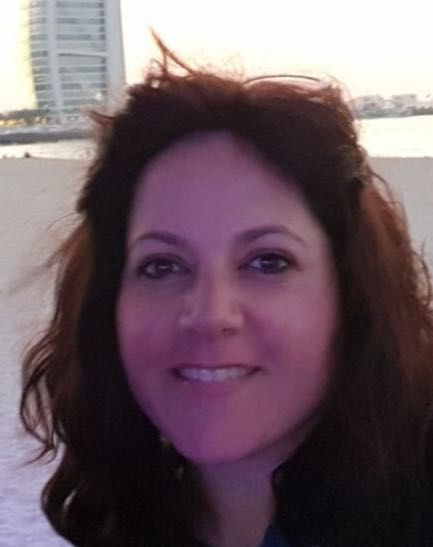
Gratitude, a Vessel for Blessings
A word from the desk of Keren Vardi, Jerusalem, Israel
In his book "Chatuf", Eli Sharabi who was abducted from Kibbutz Be’eri on October 7, 2023, and spent 491 days in Hamas captivity - starved, chained underground, and blinded to the outside world talks about the choice to stay positive. Despite the unimaginable horrors—the murder of his wife and daughters (which he only heard about after his release) and the death of his brother—Eli made a choice: to live with gratitude and he encouraged his 3 co-hostages to do so – getting an apple, not getting hit once that day, the meanest terrorist didn’t come that day etc...He later said, “Everything is a choice. Even one more crumb becomes an event… The gratitude becomes something else.”
Isn’t that the secret of emunah in shidduchim?
When you’ve waited so long, when every name leads to disappointment, when the silence is deafening - it feels like you’re standing at your own Yam Suf, surrounded by closed paths.
Chazal say finding a zivug is as hard as Kri’as Yam Suf (Sotah 2a), and the Rebbe once explained why: Because a true zivug is beyond logic. It’s not about effort - it’s about surrender to Hashem who is the true Shadchan. Just like the sea that didn’t split because someone had a plan. It parted because one person had emunah strong enough to step in anyway (see Hisvaaduyos 5747, vol. 2, p. 374).
So if all you can do today is whisper “Modeh Ani” with a broken heart - know that you’re not weak. You’re splitting your own sea. And on the other side? There’s something waiting for you that you can’t yet imagine.
L'chaim from the holy city of Jerusalem and may we all merit to see revealed miracles!
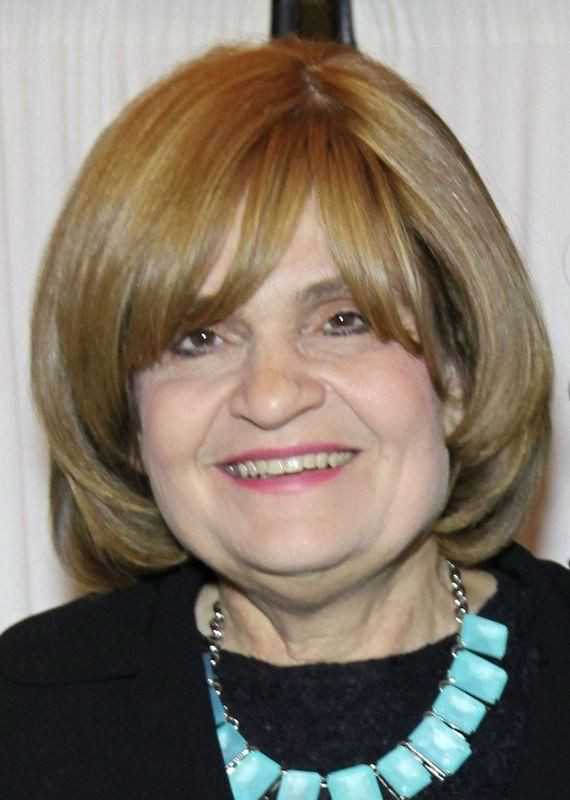
Hafrashas Challah; the Very Essence of Life
A word from the desk of Shterna Sara Balkany, New York, USA
Welcome to a world of wonder, a world of bountiful blessings, a world of joy and delight. Welcome to the world of the mitzvah of Hafrashat Challah.
Shlomo Hamelech writes in Kohelet 2:10,
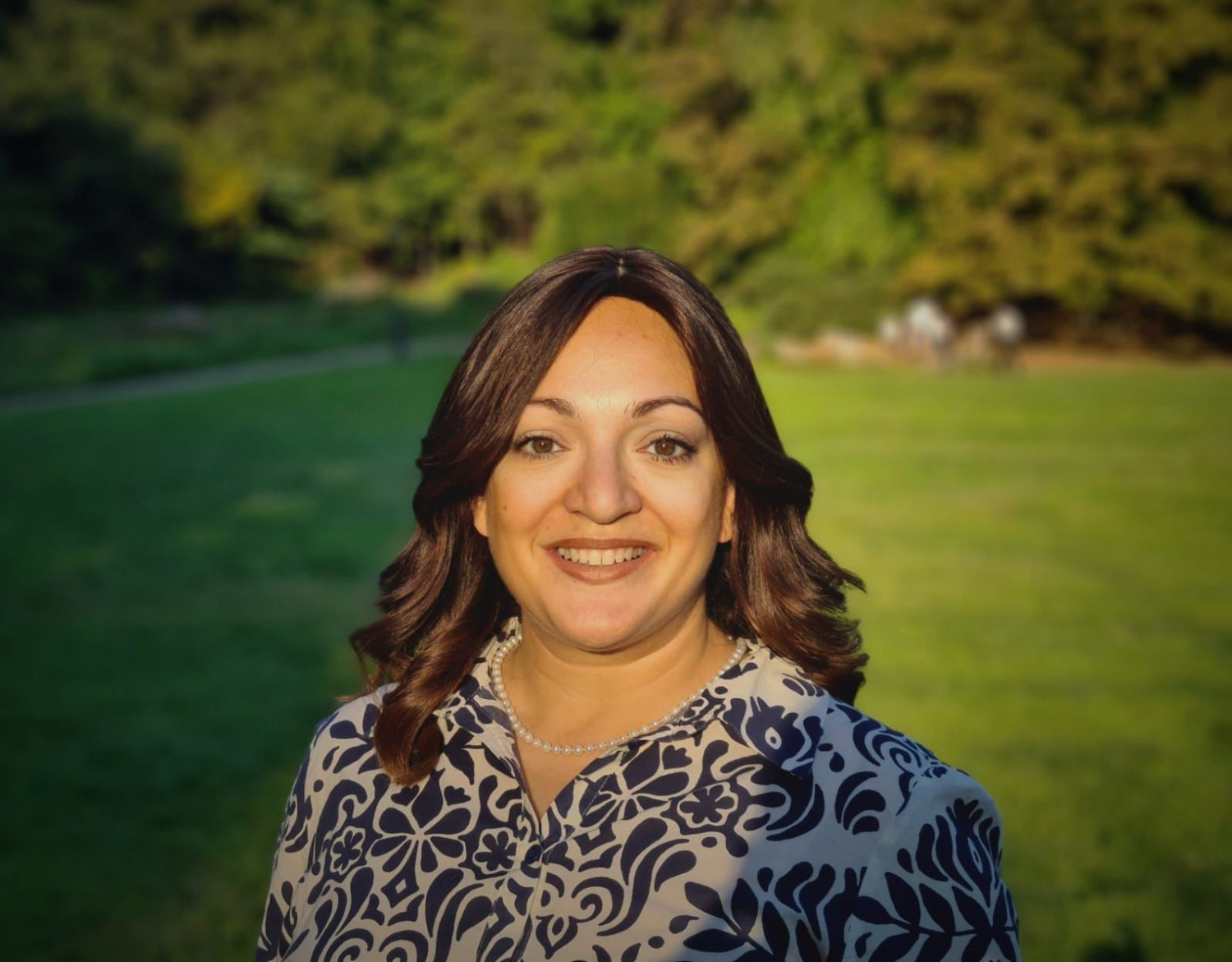
The Voice Inside
A word from the desk of Vivi Altabe, Marseilles, France
It can be a bustling Friday, or a late night bake,
The counter stands ready, covered in powdered flourdust,
I lower chin to chest, extend my hands over the warmth of the living dough,
And turning inwards, say :
Blessed are You Hashem, King of the Universe…
…I’m here and I’m not here, the words ushering me into a
World of their own, and before I can catch my breath, it’s said,
The dough pulled into a fistfull of faith and hope
and lifting my hand, gaze following suit, I declare a triumphant “Harei zou ‘Challah!“
This is my favorite time.
My hands work feverishly, as I speak over the dough.
Anything is possible,
There is so much to say, so little dough to say it over…
Somehow, it seems to me the kitchen is absolutely still.
In the silence I can hear all the beauty and goodness that can be.
The words rush out of me, they feel so close, so real,
The harshness of the world holds for a moment,
And I’m not going to miss this chance,
To build my castle with these wise words.
There’s a voice inside you, says the Zohar,
It doesn’t shout. It doesn’t impose.
It simply knows.
It knows all about you, who you are, what you can be, who you can become.
It knows what you’re worth, how deeply you’re valued and loved, even right now.
But the noise around you is louder.
Louder still is the noise within: the ache of waiting, the pain of comparison, the questions that eat away like a hollow echo— what’s wrong with me?...
Shlomo HaMelech describes man’s inner world as a little city in danger of being conquered and enslaved by a tyrannical foolish king.
Thankfully, the citizens are not helpless, and the city is not doomed, because there is a poor wise man, who can save the whole town.
He is poor in popularity, says King Shlomo, ignored, belittled, sidelined,
Because the words of the wise are spoken softly.
Because the words of wisdom, of the wisdom of your soul, whisper, gently.
And we are so used to hearing the noise, the voices that shout for attention.
The inadequacy, the expectation, the judgement.
But that inner wise voice has never left you.
In the stillness, when you are b’nachat, you can hear it speak its truth.
You are not behind, or forgotten, or alone.
This moment is not empty, or broken or wasted.
You are becoming, you are held,
new life is growing under your working hands, as you speak.
If anything can be, what would you speak into being ? Speak it.
You’re not waiting for life to begin.
You are creating it, you are already on the way.
And all along,
your soul has known the way.
Sources:
1. Zohar Chadash, Midrash Ruth “the wise man inside is the voice of wisdom that can be heard only by the one listening to it “
2. Kohelet, 9
3. Zohar Chadash, Midrash Ruth “it is the voice of your G-dly soul, given to you so you won’t err (on your path)”
4. Ben Ish Chai "challah milashon hatchallah"
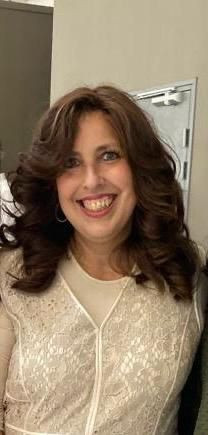
Hashem’s Hand in the Most Unexpected Places
A word from the desk of Chana Shayna Gurwitz, Frankfurt, Germany
Several years ago while reading The Midrash Says on Parshas Vayetze, I came across an obscure story from the Midrash about Shlomo Ha’Melech. It had been revealed to him that his extraordinarily beautiful daughter was destined to marry a destitute, undistinguished man. Shlomo Ha’Melech was intrigued and staged a scenario in which he could observe the Hand of Hashem, instigating a chain of events that would lead to such an unlikely union. He placed his daughter in a locked castle on a remote island with seventy armed guards. Meanwhile…. A poverty stricken yet learned scholar from Akko seeking shelter in the night discovered an animal carcass, crawled inside for warmth and fell asleep. A bird of prey carried the carcass (future mail order groom included) to the tower rooftop and upon discovering the unexpected passenger wrapped in the carcass, dropped it there. The rest, as they say, is history.
I have had too many opportunities to share this inspirational story.
Too many of our children are struggling to find their zivugim (soulmates). We wonder me’ayin yavo ezri – from where shall my help come? Hashem can not only do anything, He can do it k’heref ayin – in the blink of an eye. None of my daughters-in-law arrived via flying wildlife but… notwithstanding the apparent mundane circumstances of my sons’ shidduchim, in essence, they may as well have. In both my capacity as a Shlucha for the past thirty-five years as well as a life coach, I have dispensed lots of advice (mostly good, I hope). My sons’ shidduchim processes, however, were basically me blindly groping in the dark. Baruch Hashem, and with the Rebbe’s brochos, my sons got married in spite of my ineptitude (yes, it’s a word). So, hurray for just “letting go and letting G-d’.
However, you’re not off the hook on blind faith alone. You are going to want a side of hishtadlus (personal effort) to go with that Bitachon (faith).
Why not try this on for size? In response to a frustrated single the Lubavitcher Rebbe advises: regard a perspective match with the same kindness you show yourself. “Your entire attitude with regard to a shiduch (match) will be a much happier and more positive one.”
And therein lies the formula to achieve our goal: faith in the power of Hashem's guiding Hand, coupled with our personal contribution.
May we be zoche to marry off all our children to their perfect mates in good health with Moshiach now!
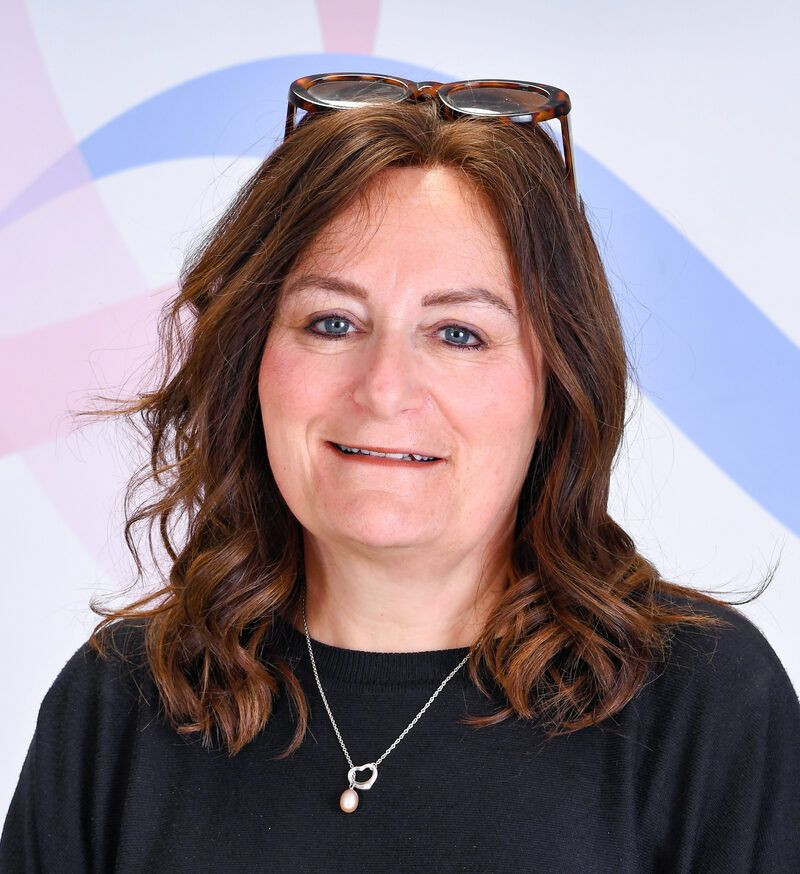
Believing Beyond What We See
A word from the desk of Rebecca Sarchi, Johannesburg, South Africa
"כְּשֵׁם שֶׁמְּבָרֵךְ עַל הַטּוֹב – כָּךְ מְבָרֵךְ עַל הָרָע."
"Just as one blesses for the good, so too must one bless for the bad."
Gratitude to Hashem is the foundation of a life filled with emuna (faith) and bitachon (trust). When I truly believe that Hashem is guiding every detail of my life with love and purpose, I begin to see even challenges as opportunities for growth.
When I sat at my oldest son’s bedside for the last time, the tears rolled down my cheeks.
Our beloved Chaim
The one who made me a mother
The one who made us grandparents
Returned his holy neshoma to his Creator.
Chaim was 37 years old. A father of two at the time - his wife due any day with the birth of their third child.
It was precisely at that moment that I found myself wanting to thank each and everyone of Klal Yisroel personally for their mitzvos, tehillim, tefilos and acts of kindness that they all did for Chaim in the last two-and-one half weeks of his life.
And although the outcome was not one that anyone could have desired, it was the outcome that Hashem wanted!
I knew one thing, with absolute certainty that every tefilla or kapitel tehillim that was uttered formed a beautiful carriage that accompanied Chaim straight up to Gan Eden.
Just like a father sometimes says NO to his child, so too Hashem, our Father’s answer to us was NO. Chaim’s time on this earth had come to an end.
I was sure that no tefilla was in vain, and that as Chaim took leave of this world and soared ever higher - he took with him all of everyone’s mitzvahs and tefillos.
Whilst I knew that the devastation was real, the loss painful and the future scary, I also knew, with absolute conviction, that Hashem directs every minute detail of this world. I knew I needed to say: “Thank You Hashem” not only for our revealed blessings, but even for the hidden ones.
So too, we must believe - with perfect faith - that each experience in the process of discovering the right shidduch for our beloved children, brings us one step closer to that goal and the revealed blessings therein.
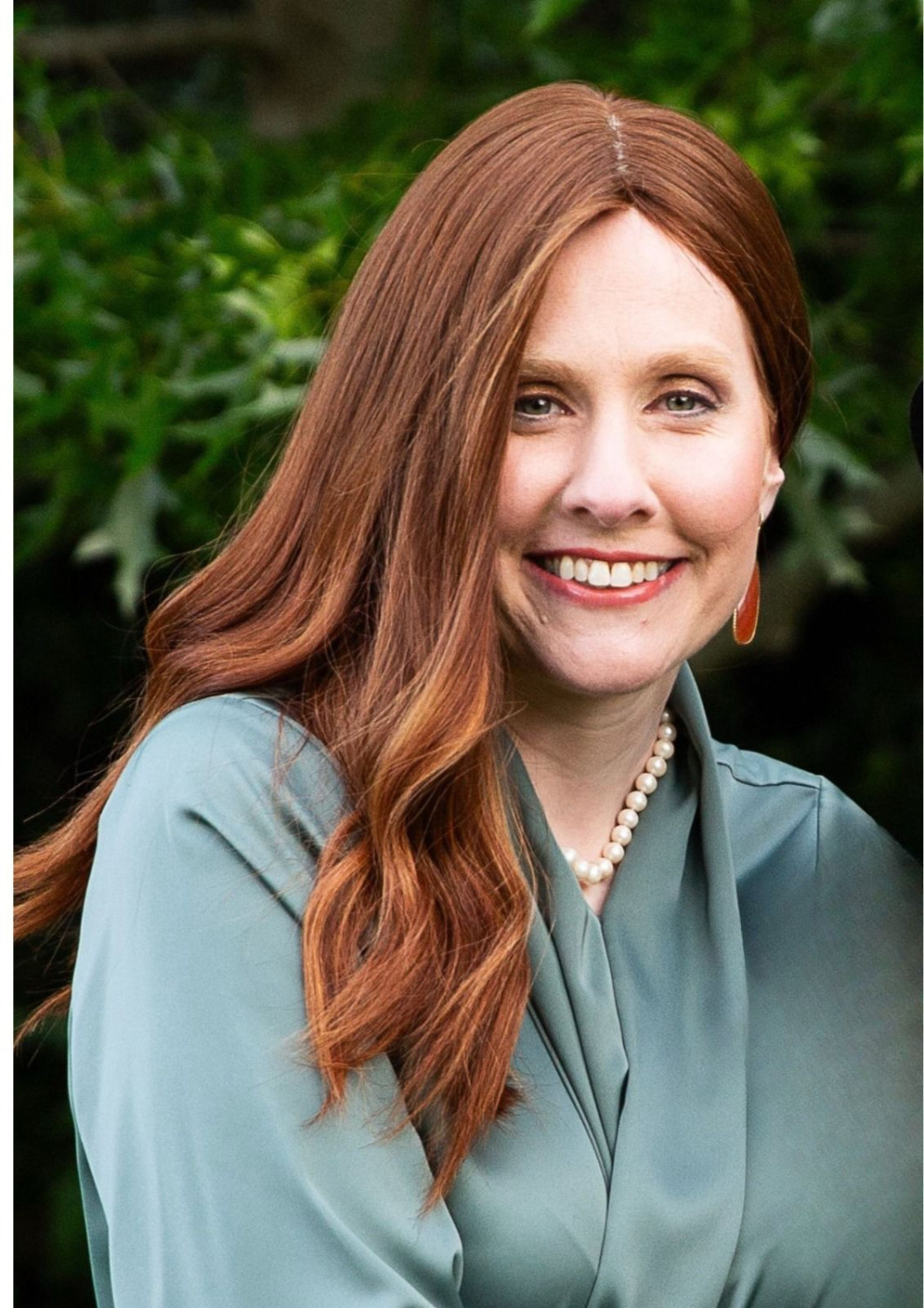
A Legacy in Loaves
A word from the desk of Miri Lipskier, Melbourne, Australia
Brocha Metzuya Be’isa – The blessing was found in her bread.
Sara’s weekly loaves are described in the Torah as having been filled with blessing – for her home, for the souls whose lives she had transformed, and for her son, who relied on the return of this very blessing to ascertain whether he was meeting the right one – his true soulmate.
This source of brocha continues to be found in each of our homes as we clasp a fistful of dough and echo our Matriarch Sara’s words and whispered prayers. All three mitzvos that Sara kept scrupulously were gifted to us along with a personal Eis Ratzon – a time of favour, opportunity and grace – for the brochos Hashem is waiting to shower upon us.
It’s weekly tap-in time. Where voices of our mothers and grandmothers reverberate, as dough crusted hands separate a portion of our toil and exertion for Hashem, reflecting the knowledge and faith that Hashem will provide.
As my guests sit around the Shabbos table and the home is brightened and animated with the sounds of Divrei Torah, warm chatter and song, the challah and the blessings that it holds remains the magic that hasn’t left the menu for centuries. I’m a daughter of Sara, and it is her recipe that blesses my home. Brocha Metzuya Be’isa.
Sources:
Rashi Breishis Perek 24, Possuk 67. Based on Breishis Rabba.
Likkutei Dibburim, Chelek 3, א'מו
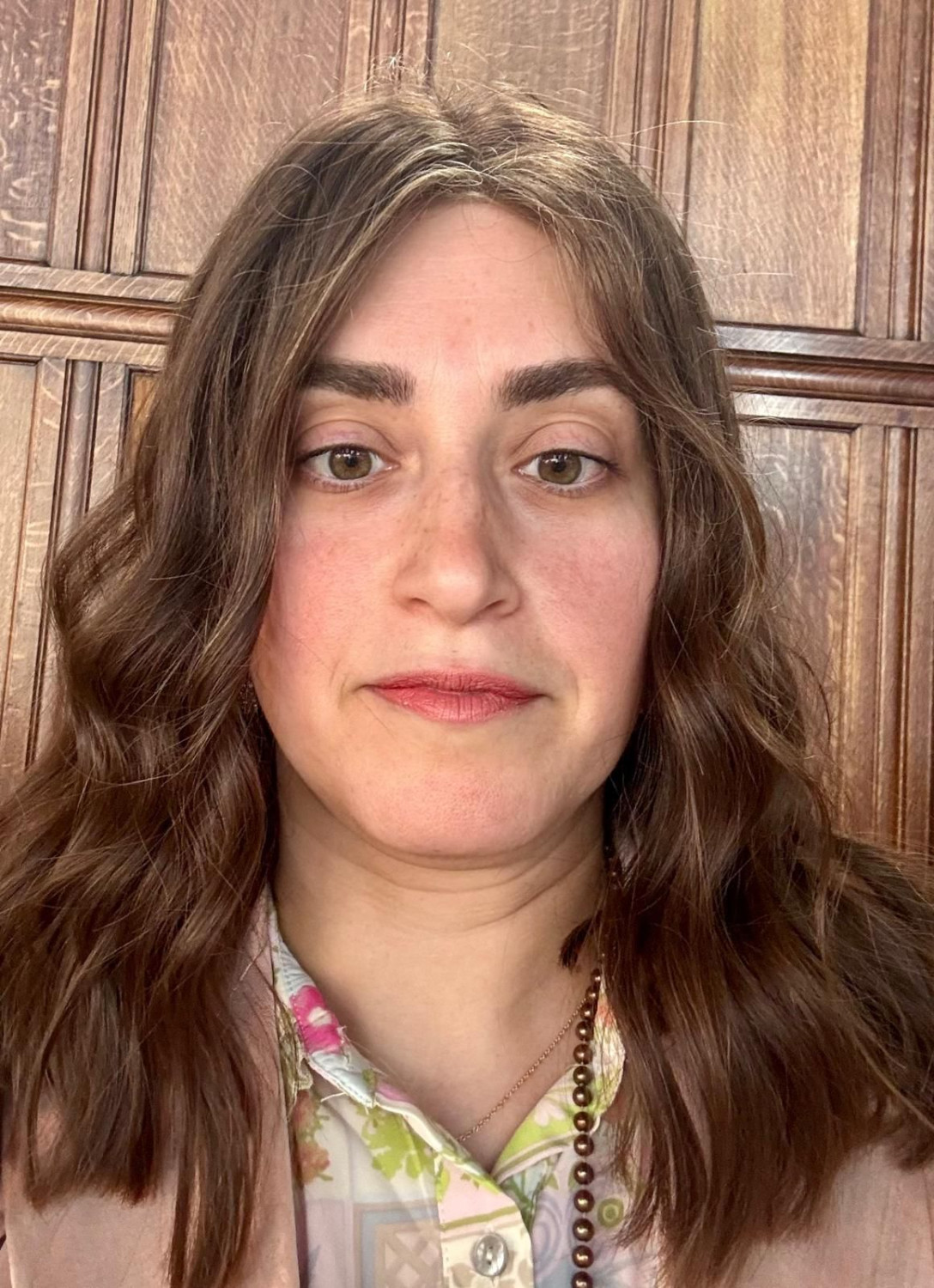
Finding Geula Today
A word from the desk of Rivky Cohen, Manchester, England
I was asked to write something inspiring, but to be honest, I’m figuring things out too. I came across this on a friend's status : “Maybe the journey isn’t so much about becoming anything. Maybe it’s about un-becoming everything that isn’t really you, so you can be who you were meant to be in the first place.”
That resonated deeply because I’ve been using these three questions by Dr. Chatterjee each morning as a focus and reminder of who I want to show up as: What is one thing I’m grateful for? What’s important? What quality do I want to embody today? You choose only one response for each - it’s simple, minimalist, and doable. Somehow they help me un-become - they strip away the noise and external expectations and bring me back to focus on who I really can be underneath it all.
This is especially important for all of us in complex and difficult seasons. When life feels uncertain we often think we need to fix ourselves or become better versions of ourselves. But maybe we just need to remember who we already are.
And this feels especially relevant now, in the time of the three weeks. We all are waiting for something... For that next breakthrough, that next exhale, that next patch of quiet. We are all waiting for the healing, the rebuilding in all the mini-moments and the big ones too.
In this waiting, those three morning questions help me do exactly that - they’re not about adding more to who I am, they’re about clearing away what doesn’t belong so I can see myself with greater clarity.
We know Hashem is with us in the waiting - we aren't alone. The waiting itself is part of the un-becoming - stripping away what we think we need to be so we can discover who we truly are.
Geula is the goal and it turns out, Geula is within me, in the moments when I return to who I truly am, through this un-becoming of everything that isn’t truly me, I emerge aligned, whole, and beautiful, as Hashem intended. This is daily Geula; simple small shifts, tiny true moments. “We want Moshiach now!”- bringing Moshiach in the present moment, in my life right here, right now!
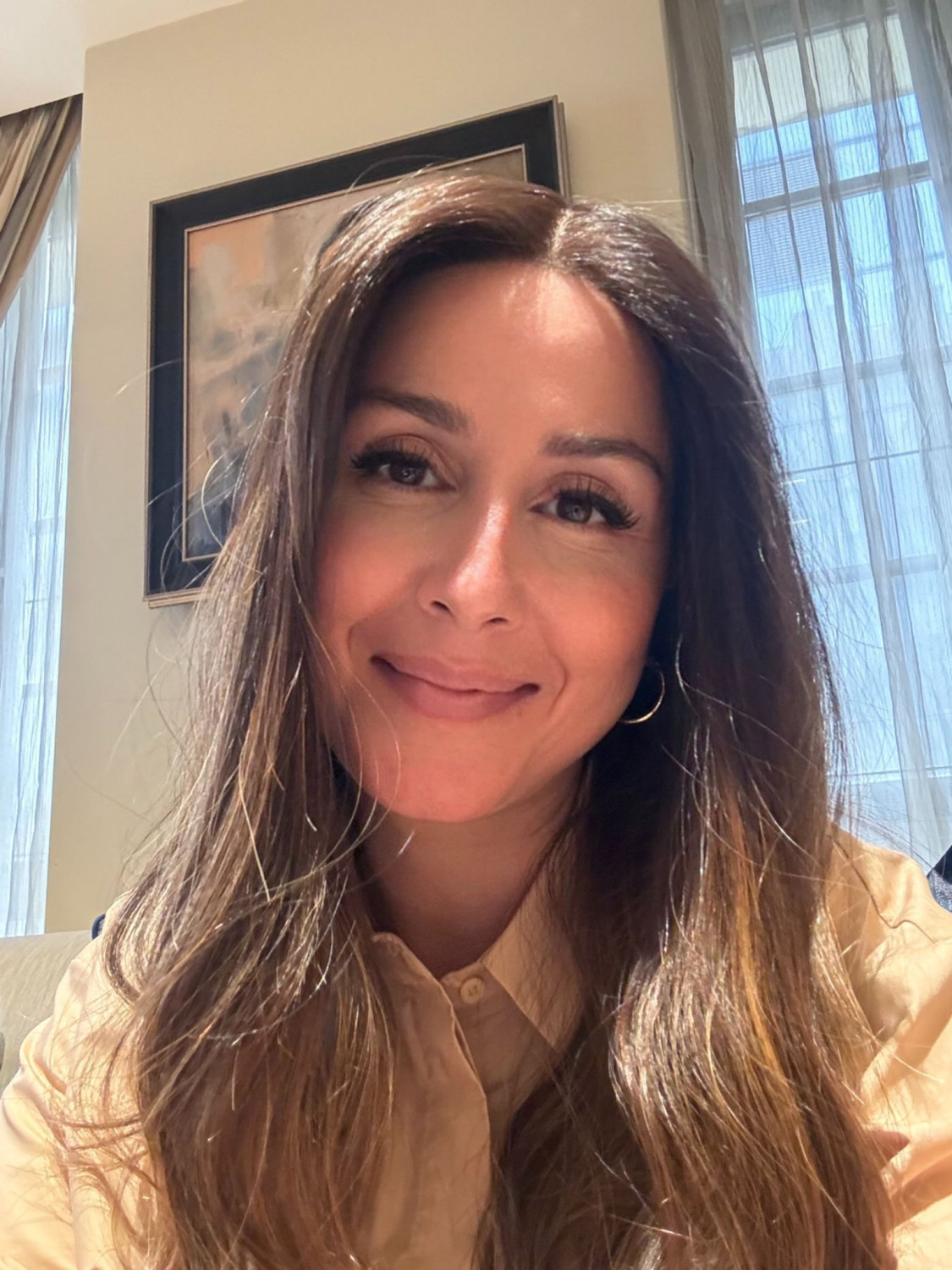
We Carry One Another
A word from the desk of Simcha Abergel, Singapore
There’s something extraordinary about the Jewish people: we don’t just live side by side, we carry one another.
The Midrash teaches that when Bnei Yisrael stood at Har Sinai, they were “k’ish echad b’lev echad” like one person with one heart. That unity wasn’t just a prerequisite for receiving the Torah; it’s the foundation of our strength.
In every generation, it’s the quiet, steadfast mitzvot of women that uphold this unity. From lighting Shabbos candles to offering heartfelt Tefilah ( prayer) women create the spiritual threads that hold our communities together.
When one woman prays, her voice joins thousands. When she gives tzedakah, uplifts a friend, or hosts with love, she strengthens the entire community. Hashem often sends bracha not in response to one voice, but to the chorus of many.
Stay close to your sisters. Lean into the power of shared purpose. Our unity is not just emotional, it’s spiritual. It draws down protection, healing, and hope for us all.
Together, we don’t just survive, we build, we rise, and we carry one another forward.
Source: Shemos Rabbah 19:2, Rashi on Shemos 19:2
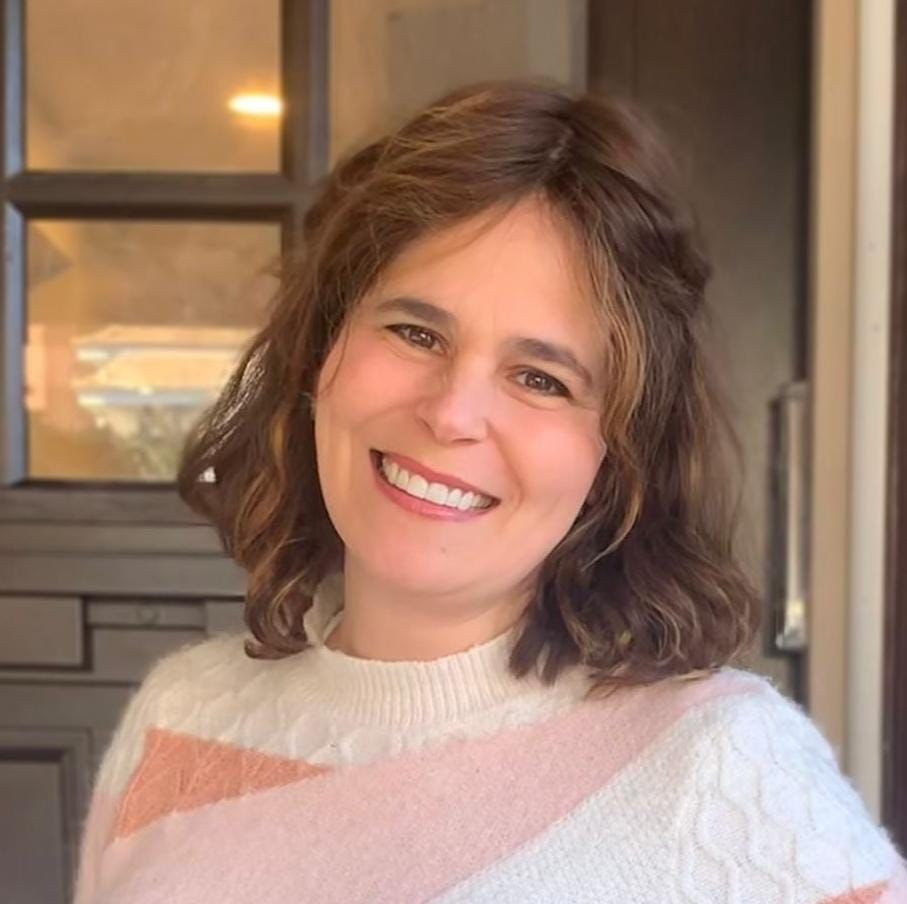
Let the Blessings Rise
A word from the desk of Shterna Ginsburg, Brooklyn, New York
Money. Time. Intense efforts. Discomfort.
None of these describe the mitzva of separating challah. Separating challah is a simple action that’s done in a minute. Nomajor price tag or discomfort is required. It can be done anywhere, on any weekday.
That’s why the words of Yechezkel are puzzling. The mitzva of challah is singled out as a mitzvah that “brings blessing into your home.” Moreover, the Midrash relates: “When a person fulfills the mitzva of challah, it’s as if they nullified idolatry. When one doesn’t fulfill the mitzva of challah, it’s as if he upheld idolatry.”
The ordinariness of the mitzvah of challah seems out of sync with the grave transgression of worshipping idols. Can we really affirm or deny our faith in Hashem with one tiny piece of dough?! Can we merit such great blessings with just one action?
Yes! Because we prepare the bread dough with our own efforts, with our own hands. The entire process is our own work.
When we separate a piece of dough for Hashem, we are recognizing our dependency on Hashem. We’re saying, “This dough is not mine. It belongs to Hashem. In fact, every ability, every possession, and every accomplishment that I achieve, is all from Hashem.” And our faith in Hashem causes our homes to be filled with Hashem’s blessings.
Sources
יחזקאל מד,ל
ויקרא רבה פט״ו, ו
Based on a talk by the Lubavitcher Rebbe on Sivan 26, 5736
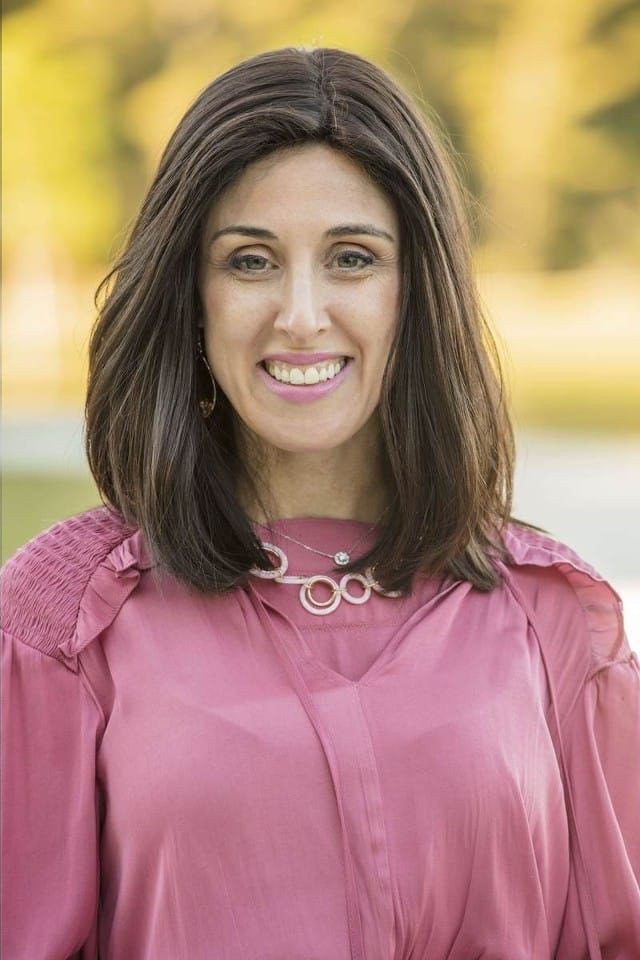
When I Make Space for You I Shine
A word from the desk of Rochel Holtzkenner, Fort Lauderdale, Florida
On the 15th day of Av the moon is a perfect circle, lighting up the heaven. The full moon is dramatic and beautiful. Nothing is missing from her circle of light. Yet that light is not her own, it is entirely the sun’s light reflecting off of her. The moon wears that light as if it were her own.
On the 15th day of Av we look for our soulmates. If we’re married already it's a day that we deepen our connection with our soulmate. What lesson can we learn about soulmate connections from the moon?
When we fight we are like two competing suns. We shine our light in order to outshine him. I’m more correct in my thinking and I can’t let you disempower me. You need me more than I need you. Don’t snuff out my spark!
When we feel safe with each other we can be vulnerable. I can listen to your experience and admit that it makes sense too. I can admit that I have room to grow. I can allow myself to be influenced by you. Then I’m not only carrying my light but I’m reflecting your light as well.
Hashem created the sun and the moon to teach us just how much beauty is available when we feel safe enough to be influenced by our soulmate. Reflecting another person’s light can be quite majestic.
May the power of the 15th day of Av bring success and ease to those searching for their soulmate. As the Talmud writes, “Whoever did not have a wife would go there.”
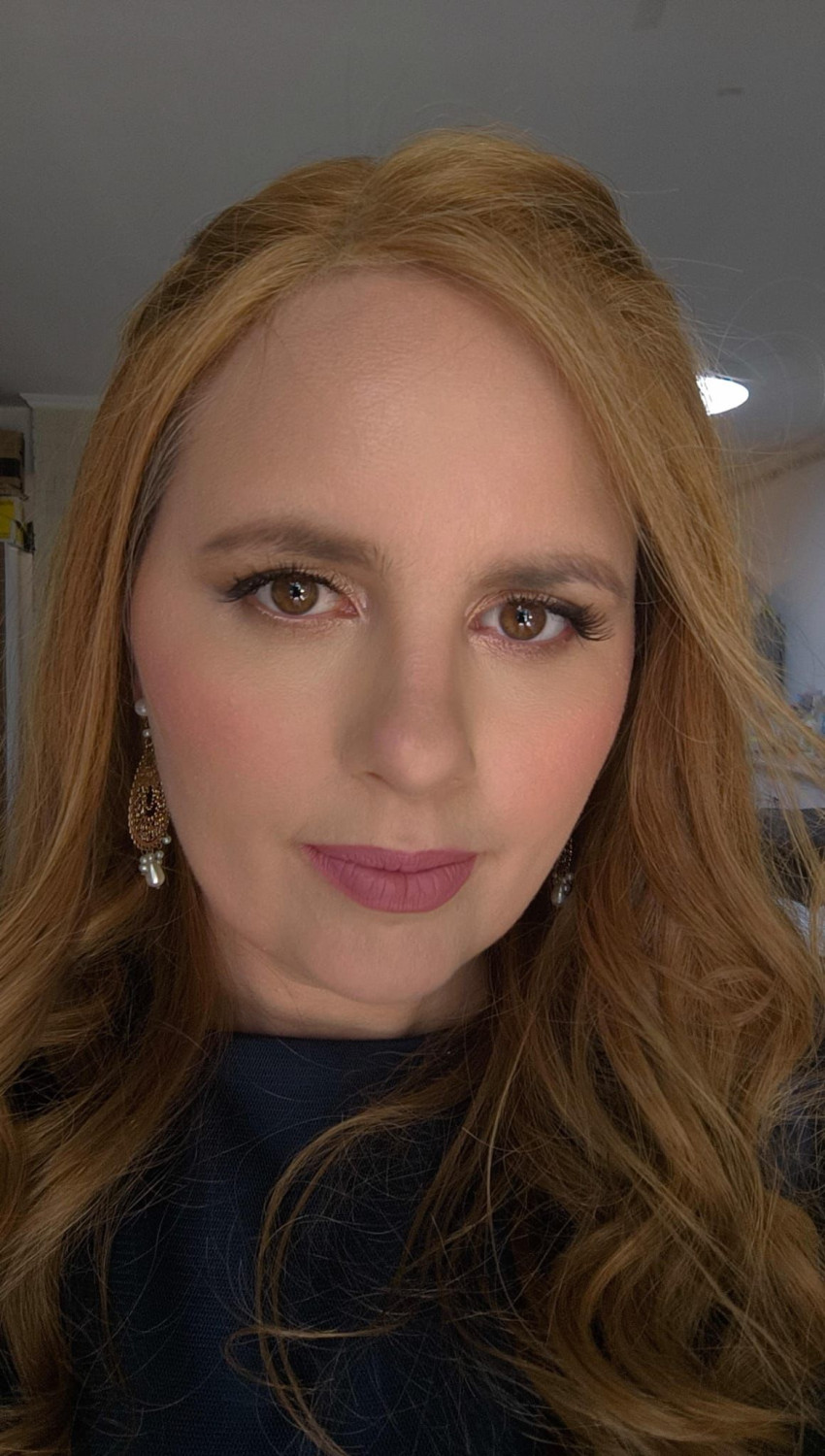
The Soul of our People with Feet on the Ground
9 months of war is 9 months too long. The world has given birth to a new reality that demands so much more from us as a People. Our lives and identities and politics have shifted radically, reflecting the new challenges and demands.
Through it all, the one thing that remains constant is the beating pulse of the heart of the Jewish nation.
We take for granted the automatic belonging to an exclusive club and extended global family. The trials and triumphs impact us directly. Whether it’s Toronto or LA, London or Australia, North or South of Israel, our hearts beat as one. We underestimate the impact this can have.
Earlier in the war, an IDF tank unit in Gaza had a heated discussion.
One soldier was feeling very down and remarked bitterly, “what are we doing all this for? How do we know that anyone truly values our contribution and sacrifice?”
His friend answers him, “you are here fighting on behalf of the entire Jewish nation, changing the course of history. Simultaneously, the Jewish nation is fighting for you, advocating for your well being, sending support and care packages and even helping with protective gear. They care deeply about your life.”
In that moment, the soldier’s whole perspective shifted. His anguish transformed into hope.
Months later he shared with his friend that this was a turning point for him.
Empowered by the unity of the Jewish nation, we can collectively transform despair into inspiration and joy. With every prayer, every hug and every bit of kindness, we are creating a path to a new world worthy of Redemption. Israel is the ancient setting of the deepest destruction and dispersion into exile. How fitting is it, therefore, that through our positive actions we can plant the seeds of hope and reclamation for generations to come.
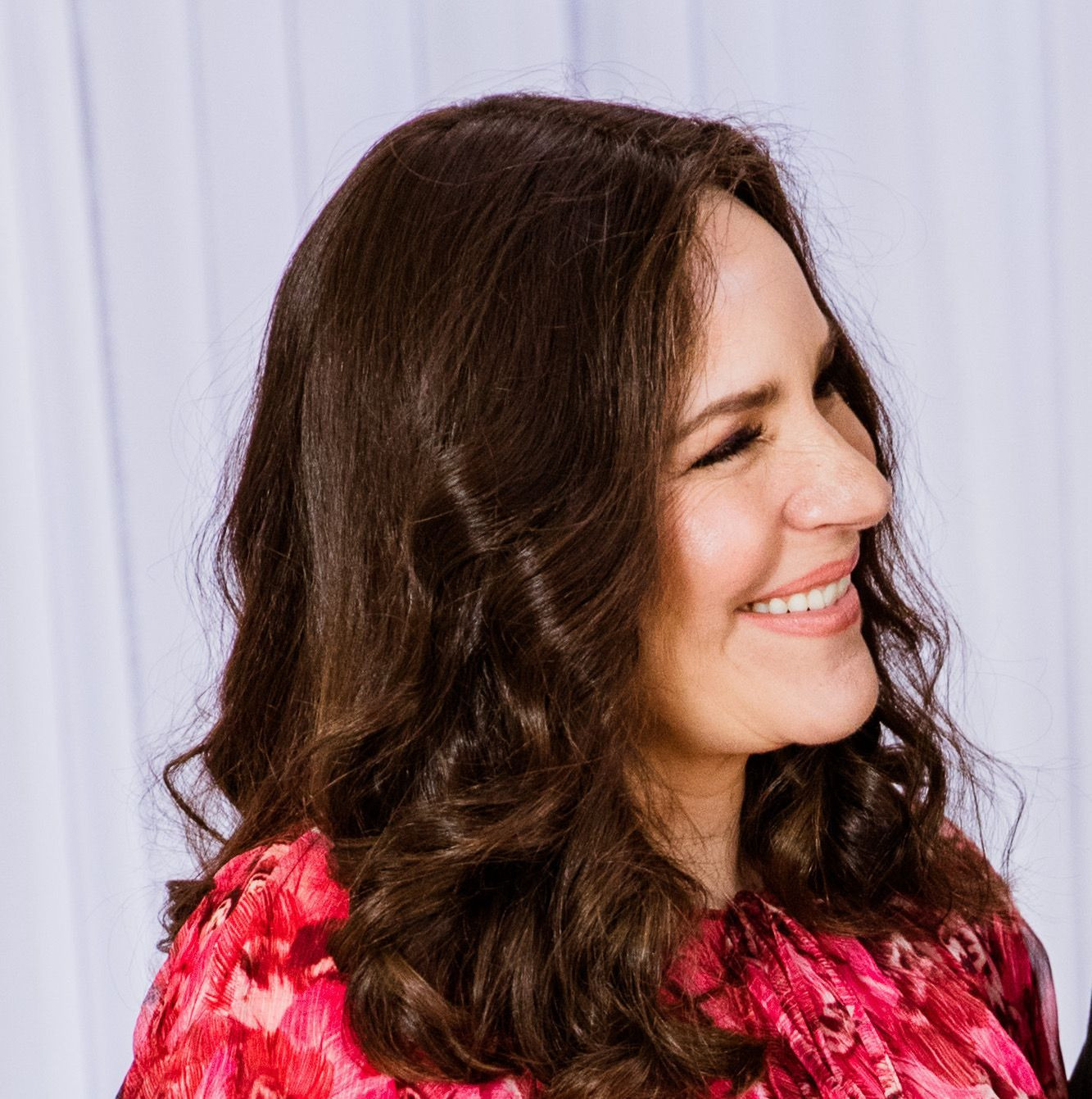
This is Challah
A word from the desk of Devorie Kreiman, LA, USA
website: https://devoriekreiman.com
I’ve heard it already.
The inspirational talk. Forwarded. Many times. A new song, a wondrous gematria, an eye-opening shiur… I’ve heard it already. How we must see beyond the ravages of this world and trust in the Bigger plan. What if I’m too wobbly to make the leap into faith and light? What if my sense of hopelessness persists?
What if I try and it isn’t good enough?
I’ve said it already.
The tefilla. The plea. I was taught the power of the words of Tehillim, how they shatter all barriers to ascend from chamber to chamber, right up to the Throne… Why is it so hard for me to lean into the certainty that if I say these words on this day, it will make a difference? A real difference in the here and now. Ahh… because it’s my belief that has to become more real. I open my Tehillim. Words of praise and yearning carried up on sighs and tears, swirling like smoke. Higher. Higher. Dissolving the decrees of steel.
How many words will be enough?
I’ve done it already.
Prepared the warm meals. Offered smiles. And money. Sometimes I’ve poured from a vessel that felt empty, and worried, even as I was giving that I was tarnishing the good deed by my hesitation. Or worse, by my resentment. Why can’t I give freely and with joy?
What if the best I have to give is not enough?
My challah bowl is dented. On one of those difficult days, it fell. Uh… Truth… It fell after I deliberately loosed my grip, knowing it would hit the floor hard. I braced for the angry smash. For the release. Afterwards, I picked up my damaged bowl and discovered that I could still use it. On the saddest day of the year, Hashem’s rage was poured onto wood and stone. Instead of onto His people. Long ago. Also now. Fires consumed our crown jewels. But… and this I wrestle with on so many of the long nights… even as the wood and stone were destroyed and the mocking laugh of our enemies was heard, were there not also the tortured screams of agony? Real people.
Enough!
I see the faces of the soldiers and read the names released by the IDF after the families have been informed that they aren’t coming home, I touch the young faces on the screen of my phone. I do the same when I pass the posters of the hostages, brush my fingers gently over the cheeks of Baby Kfir and his brother and his father and his mother and the many snatched so cruelly, I read each name out loud, son or daughter of… Not wood and stone.
“Cry out.” The Rebbe encouraged us. “Cry out Ad mosai and mean it.”
I’m no angel. I pound the dough in my banged-up bowl. Why can’t I stay focused on what matters? Why can’t I learn more? Daven more? Give more? My hands are tired. I keep going. Angels don’t make challah.
Centuries of women have worked their hands in their challah bowls, kneaded, tried… We separate the dough and set it aside. Such a small piece? How can it matter? It’s a reminder that the glory of wood and stone will be rebuilt. Better and stronger. This piece, which now is turned to ash, will be the gift of challah, eaten by holy people.
Today’s handful of dough joins the handfuls of dough offered up throughout the generations. Today’s efforts, today’s tefillos, today's choices—they will endure.
Mine. Yours.
Together, it is enough.
I hold up my piece of dough.
This.
This is challah.
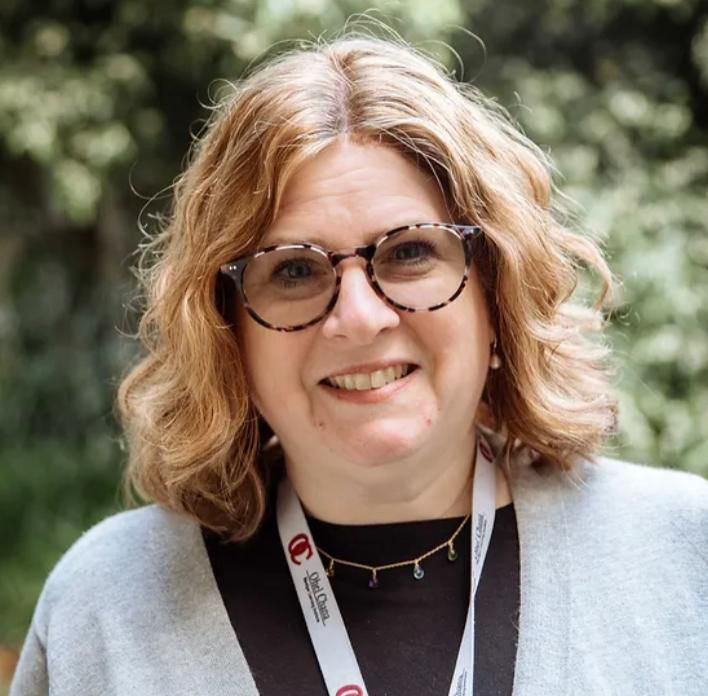
You’re Not Alone
A word from the desk of Rivkah Leiba Groner, Melbourne Australia
Being pulled from all sides. How can I be there for everyone who needs me? My children near and far, grandchildren BH near and far. Shidduchim for my daughters, shidduchim for my sons. And of course our shlichus. I could be busy all day every day just on that! How can I be there for everyone and everything that needs my attention? My answer is by telling myself I am not alone.
Recently I wrote to the Rebbe asking for help! I was juggling a lot and didn’t know how I was going to manage! The letter I opened up to in Igros Kodesh (volume 3, pp. 30 – 31) was about the power of learning Chapter 41 in Tanya.
Hashem is not a King far away in His palace; He’s with us every step of the way.
Hashem, Who is the G-d of the higher and lower worlds, of everything everywhere, still focuses on the Jewish people and on every single Jew individually. We are never alone.
Hashem created the world for each individual Jew. Hashem wants my mitzvah and yours. Hashem wants each person’s efforts and each one’s connection. Hashem wants our service.
וְהִנֵה ה' נִצָב עָלָיו וּמְלֹא כָל הָאָרֶץ כּבוֹדוֹ וּמַבִּיט עָלָיו וּבוֹחֵן כְּלָיוֹת וָלֵב אִם עוֹבְדוֹ כָּרָאוּי
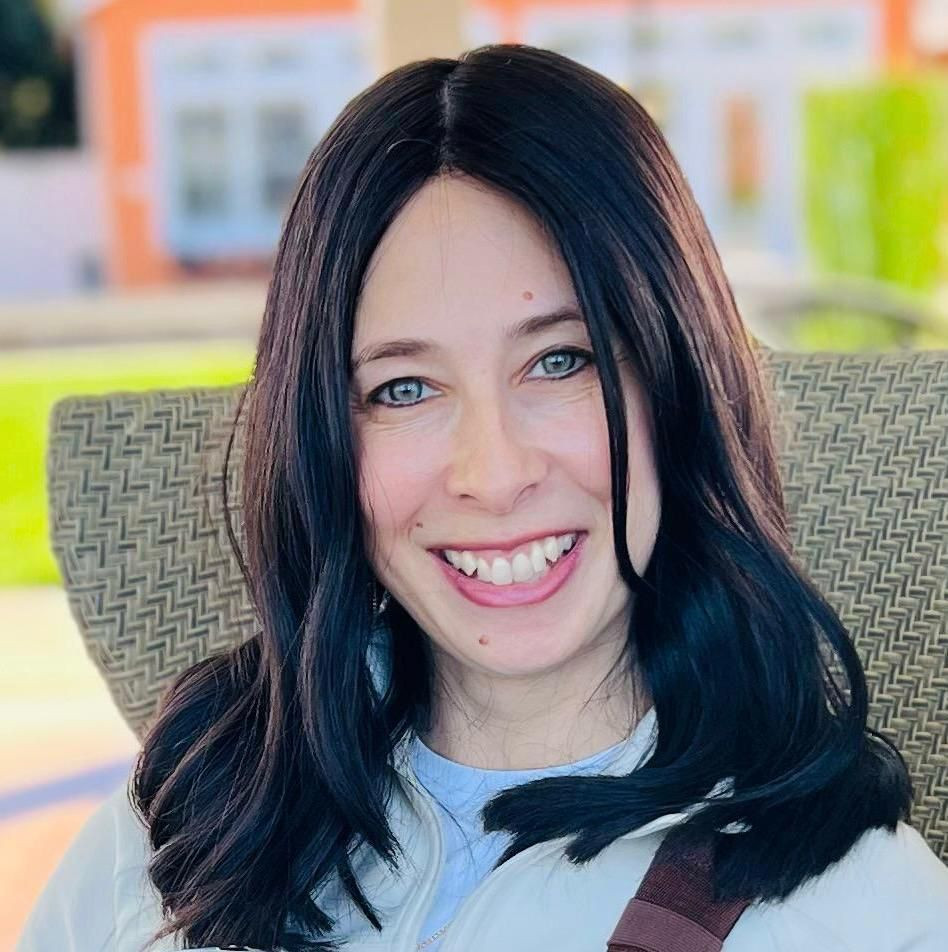
WholeHearted
A word from the desk of Mrs. Chana Scop, Mill Valley, California
Dedicated to the powerful heart of every Jewish woman, who continues to climb her mountain despite the challenges she faces.
You are here.
Just as you are.
Your vulnerability is beautiful.
Your passion, love, and resilience.
Still intact.
You embrace the frequency of life, as you climb your mountain with G-d.
Within the exhaustion, you still ascend.
Clinging tight to every crevice that makes space for you.
The textured stone, close to your breath.
You balance on the edge of meaningful experience.
You find footing in authenticity.
To keep moving.
To stay still.
Is the majestic choreography of the healing heart.
You welcome your younger self, into herself.
You are held, you are safe.
Your strength is powerful, despite how often you plummet into the crumbled stone beneath you.
You lie there silent, breathing the dust that suffocates you.
The beat of your heart is your only sign of life, as you remain wounded.
Yet you nourish yourself by extending your heart to G-d.
Your reach is weak, every muscle aches, yet you find comfort.
And within the depth of your pain, He caresses every tender scar.
With a prayer on your lips, you face heavenward, with whispers of gratitude to your Creator.
For in that very moment.
There is nothing more whole than your broken heart.
And with His embrace, you will forever hold yours.
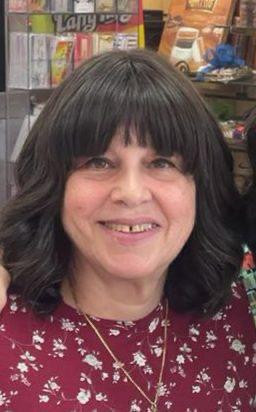
Inner Connections
A word from the desk of Rochel Brown, Rehovot, Israel
All the passengers in the train car that evening of my routine commute on the New York subway silently held their breath, while receding more and more into the backs of their seats. The man's tall, menacing frame filled the entire space of the doorway to the train car. All of us made a point of minding our own business, praying inwardly that he would not unsheathe a knife or remove a pistol from his pocket. He surveyed us all, and moved forward. Within a few seconds he had exited through the next door and we slowly released our breath in relief. No one spoke at all. It was simply not the done thing. The next morning, I had to commute back to my job in Manhattan. As I stood waiting for the train, I noticed sinister graffiti on the subway station walls. It was just not a friendly environment.
At work that day I went to the tiny office dining room to pray Minchah, the afternoon service. Those recent subway experiences flashed through my mind, and I thought: “what am I doing here in New York”? I was a sheltered child of Holocaust survivors, having grown up in sunny and spacious Australia, where green trams traveled above ground, and I had never seen crime that wasn't on T.V. All of a sudden I realized that if G-d wasn't going to help me, no match-maker could either. I knocked my head against the wall in a wordless cry that came from the depths of my heart. Two weeks later I met my husband. I believe that the moment I knocked my head against the wall was something G-d was waiting for…my realization that it is G-d who is in charge.
The morning blessings (as well as many of the other blessings in Jewish life), begin with the words
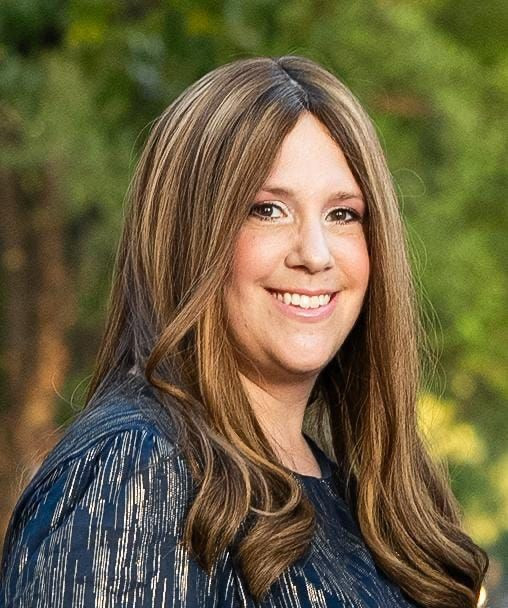
Dispelling the Darkness
A word from the desk of Dini Druk, Richardson, Texas
Greetings from the American college campus of 2024, where anti-Jewish demonstrations have sadly become a common occurrence, and heightened security during Shabbos dinners is now the norm. For many of us, these experiences seem more like tales from history books rather than lived realities. This year, daily life and routine academic pursuits on our campus are marked by shadows and uncertainty.
Yet, against this unsettling backdrop, there shines through a remarkable resilience. Consider Lisa, who, after years of keeping her distance from Jewish life on campus, now joins Shabbos dinners regularly. Meet David, who chose to spend his summer in Israel to deepen his understanding of his Jewish heritage after facing antisemitic slurs in school. Encounter Sarah, and others like her, who now take a few minutes each Friday to light Shabbos candles, contemplating their spiritual journeys and connection to Hashem. These are all rays of light born out of the darkness of today’s campus reality.
The Jewish people have endured countless trials throughout history, surpassing those of any other community. Yet, our identity has never been defined by adversity. We have consistently sought out positivity and both reaffirmed and built upon our legacy and faith expressed in every generation. Ours is a nation that radiates hope even in the darkest times, believing that our light shines brightest when faced with darkness and challenge.
As we pray for brighter days ahead, we hold steadfast to the belief that even in darkness, we can find strength to move forward and illuminate our surroundings with positivity and joy.
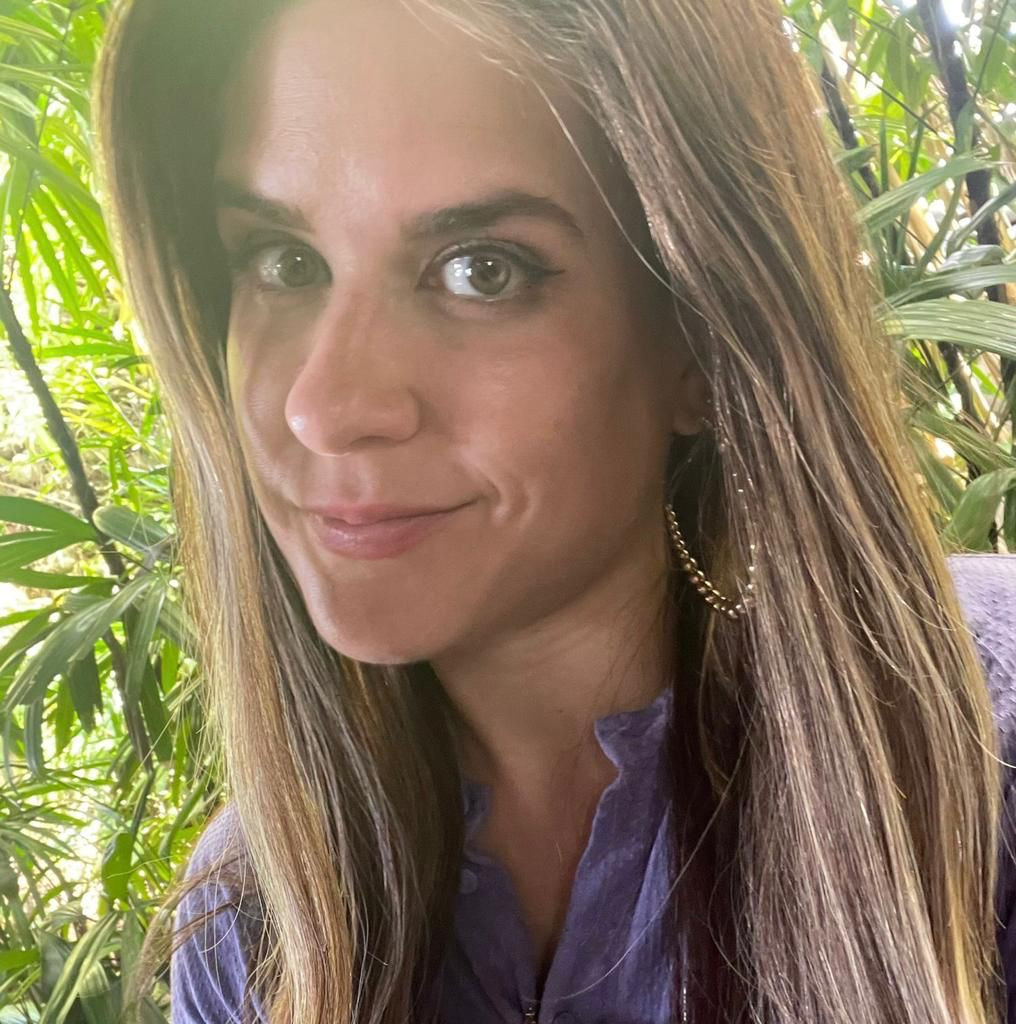
Caterpillars to Butterflies: The Transformative Power of Destruction and Growth
A word from the desk of Shayna Krybus, Toronto, Canada
From destruction and pain, we grow, we flourish.
We're in the middle of the 3 weeks, the saddest time in our annual calendar cycle. We mourn, we limit, we yearn. Yet, after we descend to the lowest of lows, culminating on the 9th of Av, we are presented with an opportunity to rise up. We learn that every Yeridah (descent) is for the sake of an Aliyah (ascent), and we crown these 3 weeks with the most joyous day of the year, The 15th of Av. The 15th of Av, we are taught in Taanit 26b, is one of the holiest and happiest days in our calendar. On this day, we are reborn. We rejoice. Our potential, our hope, renewed. We are transformed.
Everything Hashem does is good, even when we don’t see it. We must use this time to grow in our emunah, believing in Hashgocha Protis (Divine Providence), and knowing that in the midst of a soupy mess, we will grow into something new, more beautiful and more capable than we were before.
We will fly.
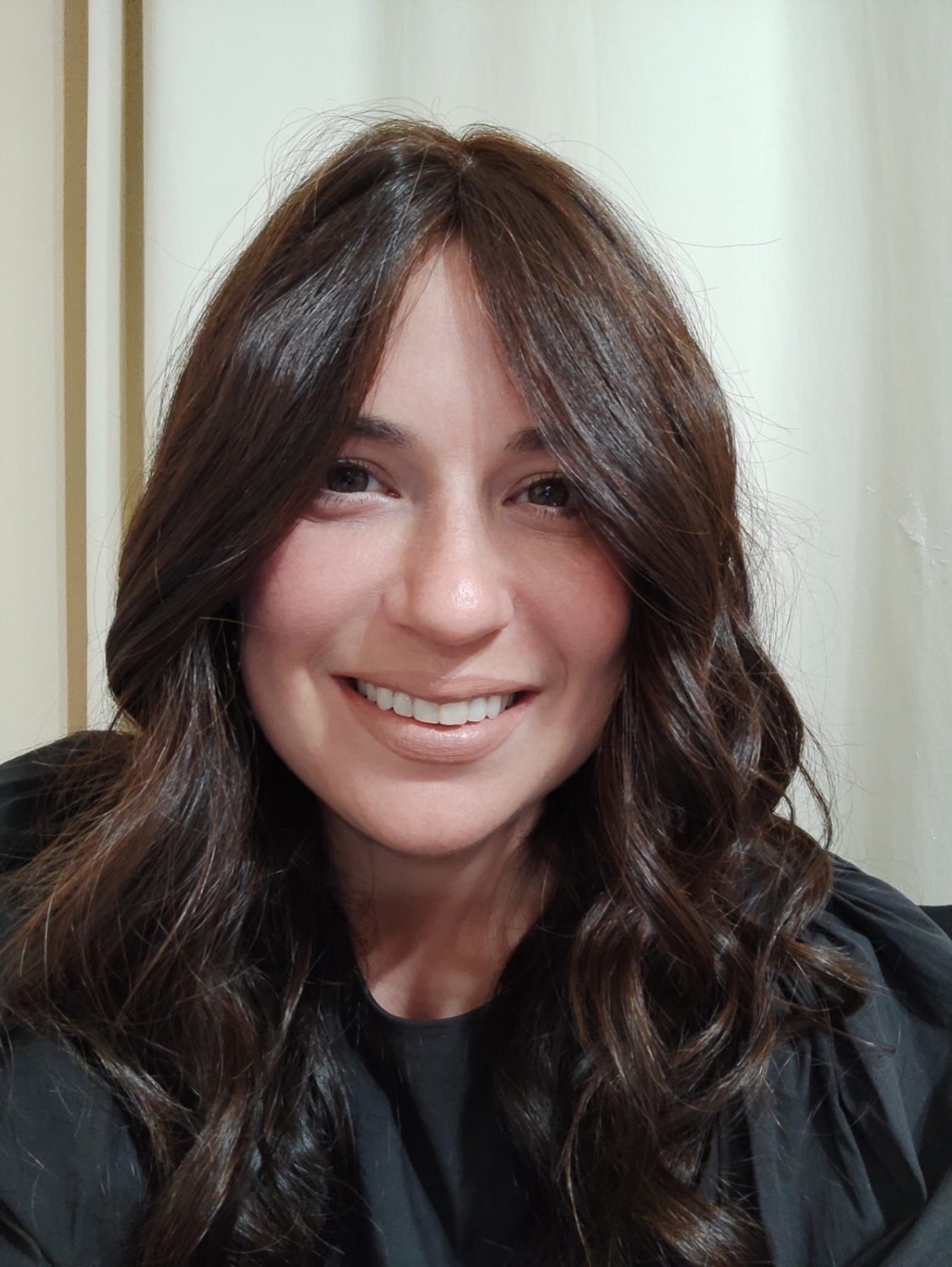
Growing Through the Storm
A word from the desk of Sorella Abrahams, Sydney, Australia
As I walked, the rain began to fall, gradually turning into a heavy downpour. I pondered the significance of rain and its dual nature. While it can be an inconvenience, it is also essential for our survival. Rain nourishes crops, provides drinking water, and supports our daily activities. It symbolizes the promise of a better tomorrow, abundant with fresh produce and sustenance for all. Despite being resented as a nuisance by some, rain is an essential element of future blessings.
Contemplating life's challenges and waiting periods, I realized that many endure hardships while anticipating positive outcomes. Whether it's waiting for pregnancy, marriage, health, or financial stability, we yearn for better times. I concluded that these challenges may be necessary for the blessings that lie ahead. The wisdom, strength, and empathy we gain from our present struggles shape our future blessings. Although often presenting as difficult, these challenges are like the water needed to yield the life-sustaining crops of tomorrow.
Reflecting on my own journey, I cannot deny the impact of the good, the bad, and the ugly. Sadly, both my beloved mother and mother-in-law battled illness, dying much too young at the ages of 62 and 73 respectively. Yet, despite the pain they triggered, these experiences have positively transformed me. In a very real sense, I draw upon these lessons – the ‘rain’ of my lived experiences – when comforting patients and their families in hospital rooms, offering support and easing their burdens. And that in turn, brings meaning to my life.
We would never willingly choose these challenges. We prefer to receive abundant blessings without pain or discomfort. Yet, I acknowledge that these difficulties have made me a better person. They have deepened my empathy, understanding, and connection with others on similar journeys within the hospital system. As a chaplain, Shlucha, and CEO of Abrahams Tent, an organization that supports those in hospitals, I have been able to make a difference due to my own painful experiences.
G-d's love for us is unconditional, like that of a caring parent. He holds us during times of pain, and the greatest gift is if we can use these challenges to grow and make the world a better place. I bless everyone to swiftly receive the blessings they yearn for, without the need to wait or suffer discomfort. May these blessings be abundant and unconditional.
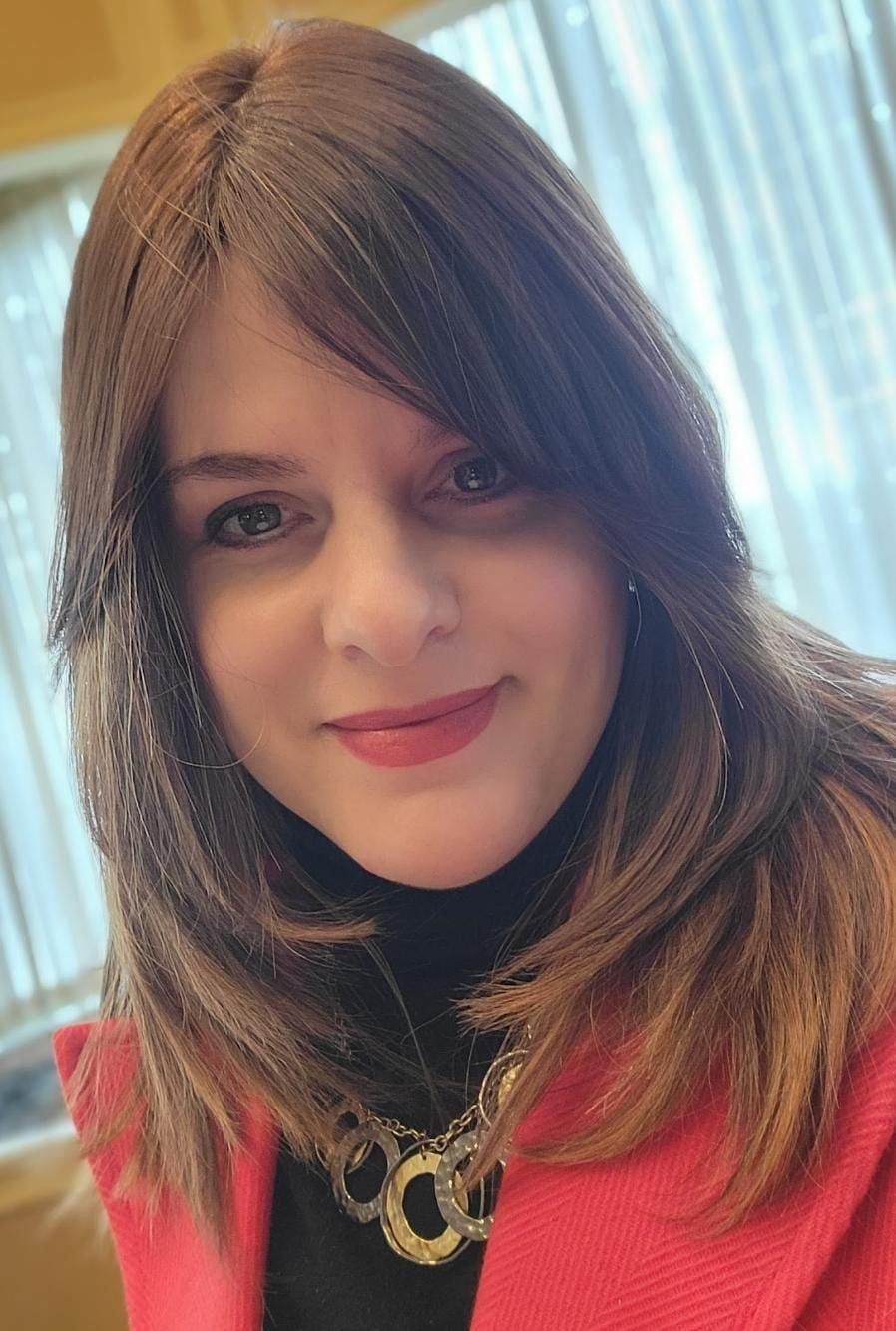
The Shadchan Think Tank
A word from the desk of Chana Perman, Toronto, Canada
A shadchan think tank
at an upscale hotel
How to Solve the Shidduch Crisis
Got any ideas? Do tell!
Said one
“The girls must do this
and boys should do that.
I've had much success
pulling names from a hat.”
Remarked a second
with confident authority
“Having a strong resume
is absolutely key.”
“Airbrushed pics?
That is how life goes.
Nothing's as it seems
Everybody knows!”
Boomed a third
“Kids don't exactly have vision.
Let parents be the ones making these decisions.
Let's go back to the olden days
when elders were entitled to have their say.”
A commotion
A shouting match
Opinions stated with force
Each one knowing best
being in the business for decades, of course.
A wise old man - quiet, not vain
closed his eyes, leaned on his cane
A single tear rolled down his cheek
and slowly he began to speak.
“Cast aside your notions,
your sales pitch, your schemes.
Two halves of one neshama,
can we fathom what this means?”
“See with enlightened eyes
the z'chus assigned to you.
A shidduch is krias yam suf.
For this z'chus - what wouldn't we do?”
“Look at each person
as a beloved part of Hashem.
This is not about you.
It's only about helping THEM.”
“Listen with both ears.
address their doubts and fears.
Offer encouragement and hope
even (especially!) when the answer is 'nope.’
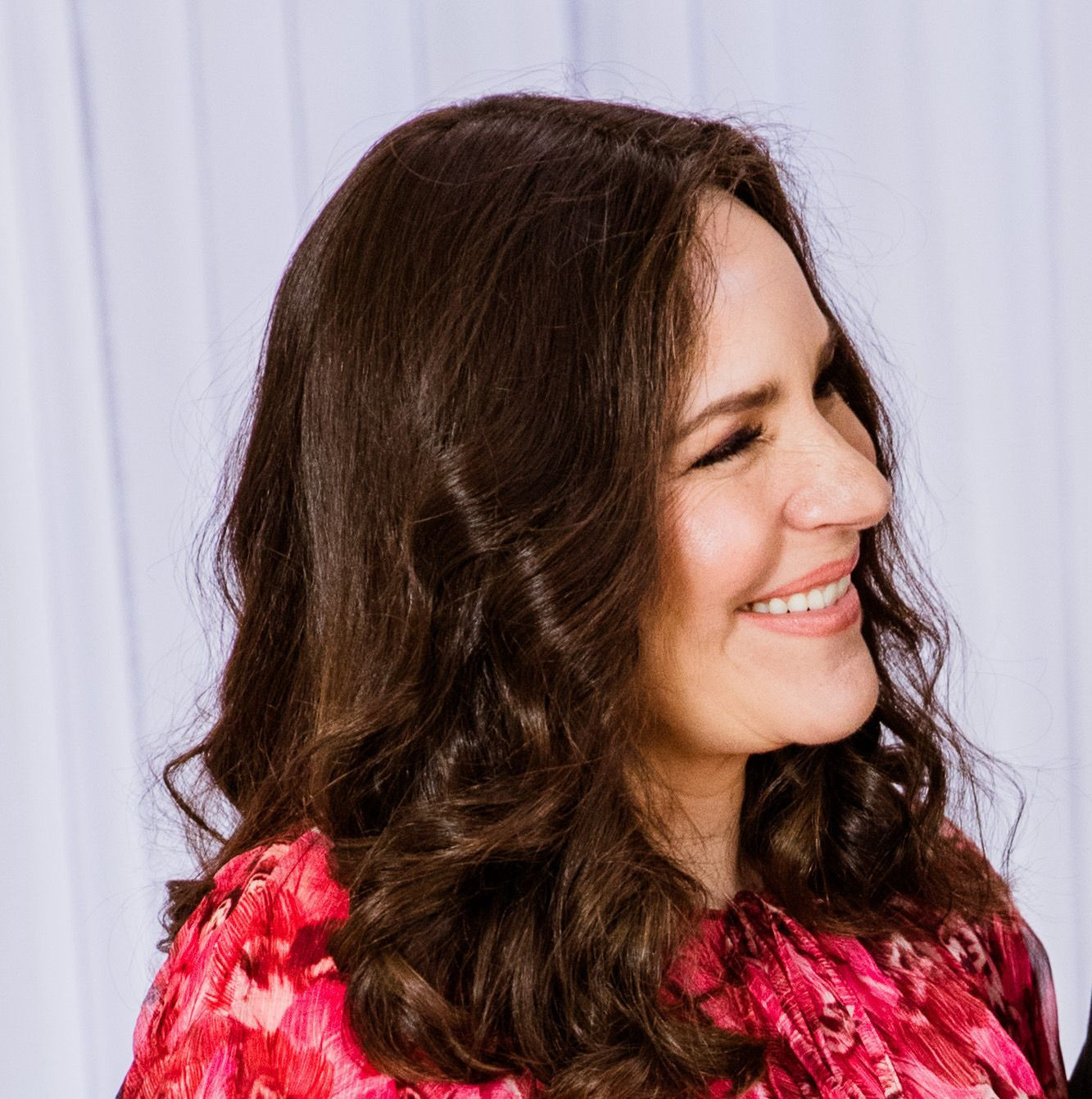
This is Challah
A word from the desk of Devorie Kreiman , California, USA DevorieKreiman.com
She asks, “Why?
Why wasn’t I safe?
Why should I even bother
To take another step?”
In answer
to what I have no answer for,
I pull out what I can offer:
flour and water.
Basics. No matter that she’s grown. She still needs to be my little girl, coming here to
get what she needs.
rich oil and eggs.
Whatever can make this day, this moment, go down more smoothly.
I sprinkle in the promise of sweetness.
There always has to be something sweet to fall back on.
While we’re waiting for the rest…
salt it with my tears.
But not too many. Because that’s not the answer either.
yeast.
We rise. Sometimes screaming “No” as we do. Always. We rise.
It’s a mess.
First powdery.
Then gooey.
Hard work.
I want to turn my back on it. On all of it.
Because,
How will this make it okay?
What’s in front of me, right now, is unformed.
I tug and pull at the dough. And my hands ache.
Why?
Why can’t we set everything up neatly for our children. “Go this way. Stay in the lines. You’ll be fine.” The way we used to run a pen through a maze— so they’d get from beginning to end without getting stuck or lost.
That would be good.
Really, it’s already good.
Only we can’t always tell.
Why?
I pound the thick dough. It yields. Springs back at me with new life.
And I ask.
I ask for her to be too busy and too happy
To look back at this time when she cried out “Why?”
I separate the portion that reminds me that only what I give stays mine. I hold the piece high like a trophy.
We’ll go on. We’ll create. We’ll nurture. And we’ll ask and ask…
“This is challah.”